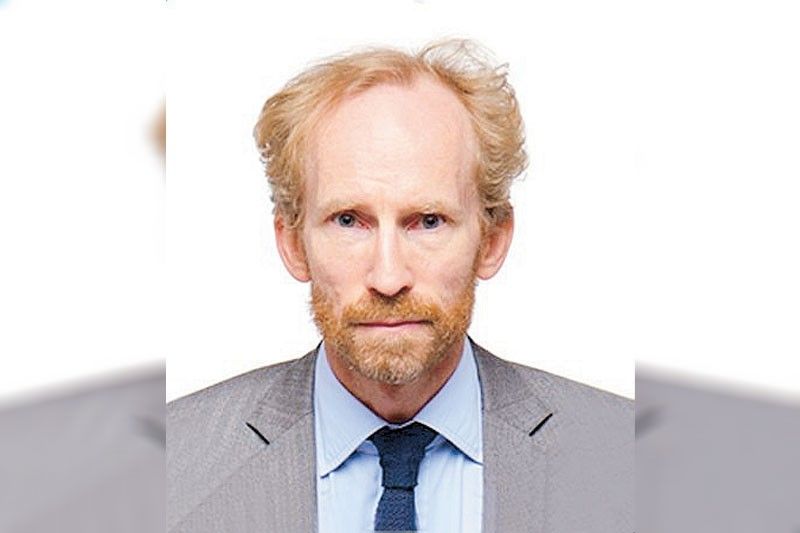MF sees P1.5 trillion collections from reformed VAT system
Louise Maureen Simeon – The Philippine Star April 19, 2024 | 12:00am Sans exemptions MANILA, Philippines — The government can collect at least P1.5 trillion from value-added tax (VAT) if only the long list of exemptions and relief measures are eliminated to maximize revenue gains, according to the International Monetary Fund. The IMF said that […]


Louise Maureen Simeon – The Philippine Star
April 19, 2024 | 12:00am
Sans exemptions
MANILA, Philippines — The government can collect at least P1.5 trillion from value-added tax (VAT) if only the long list of exemptions and relief measures are eliminated to maximize revenue gains, according to the International Monetary Fund.
The IMF said that VAT is an area where there is significant scope to improve revenue collections and increase efficiency for the Philippines.
In an email to The STAR, IMF resident representative Ragnar Gudmundsson said the financial institution’s technical assistance to the government is still ongoing.
The IMF is assisting the Department of Finance to assess VAT performance in the country and eventually help design a VAT reform strategy.
This developed as the government has long been losing billions from exemptions in the VAT system. The Philippines slaps a 12-percent VAT on the consumption and importation of goods and services into the country.
“Bringing the efficiency ratio to the worldwide average for upper middle-income countries of around 0.6 would nearly double VAT collections in the Philippines, to over seven percent of GDP (gross domestic product),” Gudmundsson said.
This would be equivalent to around P1.5 trillion to as much as P1.7 trillion in VAT collections based on the nominal value of the economy at approximately P23 trillion.
This year, VAT collections are targeted to reach P599.24 billion, which is about 20 percent of the overall tax collection goal for 2024, according to data from the Bureau of Internal Revenue.
Gudmundsson argued that VAT revenue collection in the Philippines is significantly below the average for emerging market economies.
For one, the country’s efficiency ratio, which denotes the extent to which final consumption is taxed, is at 0.39, an implication that the VAT captures only just over a third of the potential tax base.
In comparison, neighboring Thailand is at 0.71 while Cambodia, which is less developed than the Philippines, has a higher efficiency ratio of 0.66.
“This could be achieved by eliminating widespread exemptions and relief measures, which also hinges on improving the VAT refund mechanism and extending VAT to digital goods and services, fee-based financial services and utilities,” Gudmundsson said.
“A broad-based VAT is moreover an efficient tool for taxing informal consumption and would benefit from the adoption of anti-avoidance rules, enhanced administration and strict compliance mechanisms,” he said.
Gudmundsson maintained that concerns related to the adverse impact on more vulnerable households of taxing consumption can be addressed through progressive income taxation and direct transfers, including by funneling a portion of VAT collections into social assistance.
ING Bank senior economist Nicholas Mapa said reviewing the VAT exemptions would be one way to help chase fiscal consolidation without raising new taxes.
Union Bank of the Philippines chief economist Ruben Carlo Asuncion, for his part, said such a move would help plug tax leakages amid redundancy.
Just recently, even the World Bank recommended a review of VAT to help boost collections and determine whether exemptions benefit the poor or the wealthier households.
The Philippines has a long list of VAT exemptions, which prompted the previous administration to present a fiscal consolidation plan that included the repeal of some of the exemptions.
Former finance secretary Carlos Dominguez previously called on the Marcos administration to retain the coverage of VAT exemptions to a few purchases only, including agricultural, food and medical products.
By eliminating the exemptions, the government can generate P142.5 billion in revenues every year.














